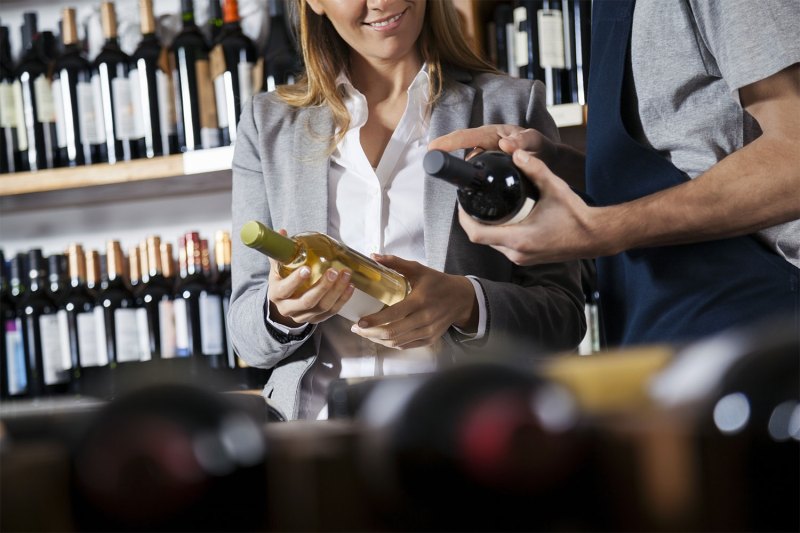Desperate times call for desperate measures. We’ve seen it in sport, the drinks biz, the environmental realm, and just about every other facet of life on earth as we know it.
On planet restaurant, where scores of operations remain closed or pivot to a takeout and delivery-only approach, certain assets are becoming expendable. Wine in particular is something sommeliers and wine directors are presently offloading from their quiet dining spaces and backroom cellars.
To be fair, there are some tremendous finds. In fact, for the hooch collector, the pandemic is offering something of a perk (take a look at what’s happening with rare whiskey, for example). Prized and aged offerings are, well, just sitting in most restaurants and related storage rooms. Legislation enacted in light of the quarantine allows eateries in a lot of states to sell directly to the consumer, whether that be an expertly crafted cocktail or a dusty bottle of Chateau Petrus.
In Portland, Le Pigeon is rummaging though its acclaimed cellar for treasures to sell. Gabriel Rucker’s restaurant, which shares a wall with sibling wine bar Canard, offers one of the best wine lists on the west coast. The cellar sale involves curated half-cases of wine every week, to be collected curbside on the weekend. “We’re all in this together,” the website says. “And when you’re drinking good stuff, well hey, you’re keeping it classy.”

The six-bottle packs are devised by theme (typically a region) and include handy tasting notes and added info on the wines. Bundle number three, which debuted a few weeks back, included some genuine gems from all over France, including a 2012 Châteauneuf-du-Pape from Domaine Olivier Hillaire, Champagne from Mary Courtin, and a 2001 Savennières by Nicolas Joly of the Loire Valley.
Others are following suit, whether it’s a few miles away at wine bar Les Caves or across the country at Four Horsemen in New York. Some are creating creative, 11th-hour wine clubs while others are offering straight up wine auctions. Prior to states loosening traditional restrictions to help the ailing restaurant industry, there were tales of establishments opening bottles and pouring them into growlers or other containers (some of the older legislation prohibited wine leaving a restaurant unless it was opened, re-corked, and enclosed in a bag).
Some are doing black box collections, without so much as offering a clue as to what the contents are. But for the restaurants people have long trusted, touting razor-sharp palates and incredible connections to hard-to-find releases, it’s a fun and exciting way to not only support the industry, but get your paws on same really good juice. Wealthy hoarders have already taken advantage of these sales, buying from multiple accounts to dodge purchasing limits and padding their own cellars. But there are treasures to be found for the rest of us, too, if we’re willing to hunt a bit and follow good leads from industry insiders (chat up your favorite bottle shop, wine steward, importer or vintner; they could use the social interaction).
It’s not always an easy decision for a restaurant to make. Cellaring your best Burgundy for another five to ten years might be ideal, but who knows what the scene will look like then. Will this all be a distant memory or will we be dealing with wave number fifteen of an evolving virus? Restaurants might not be able to fetch the sky-high prices they traditionally can when accompanied by stellar floor service and a dine-in experience, but they can certainly still make some quick cash. We all know how much wine is marked up so even if restaurants are selling at sale prices, there’s relatively easy money to be had.
Whether these moves will allow establishments to do more than just keep the lights on and rent paid is yet to be seen. Hopefully, the most clever and well-curated wine sales will allow doors to again open, staff to be rehired, and the industry at large to bounce back as best as possible.


